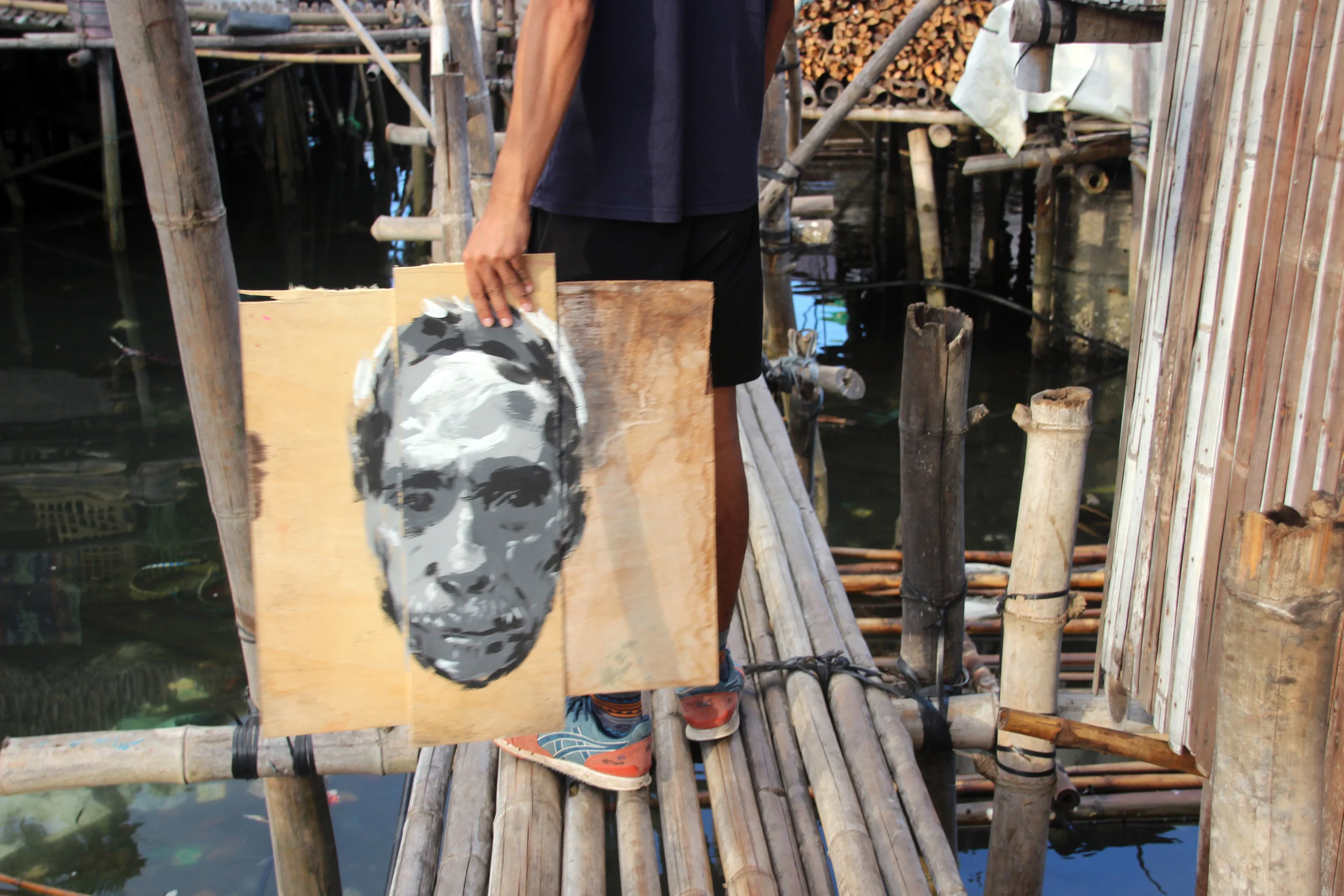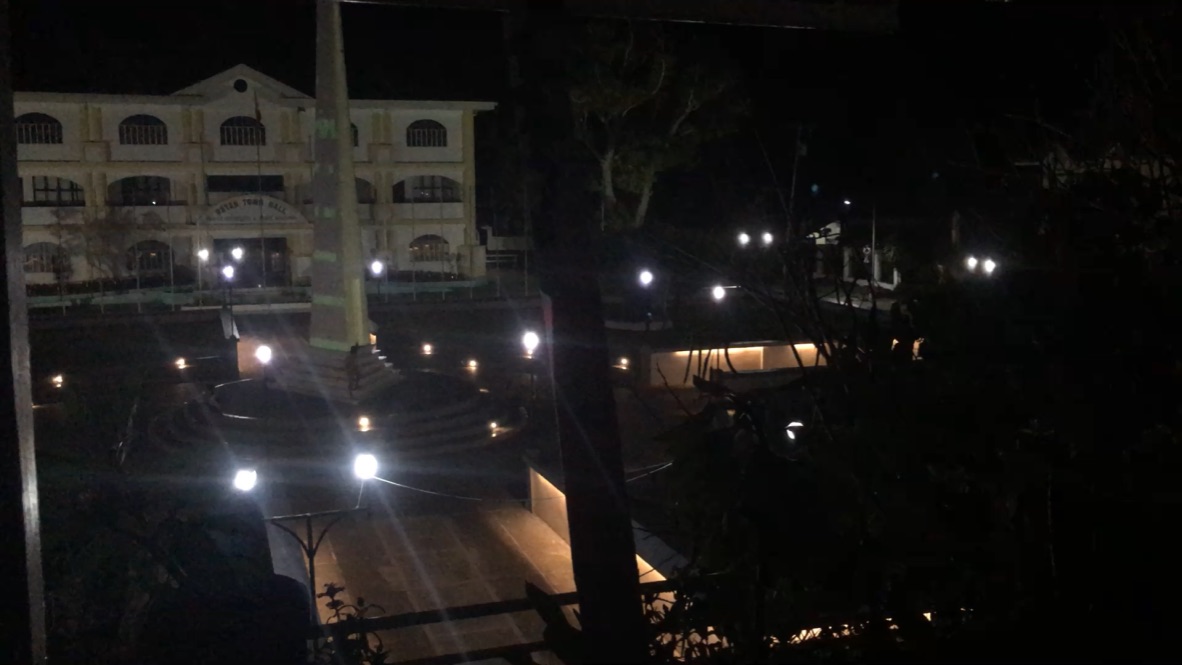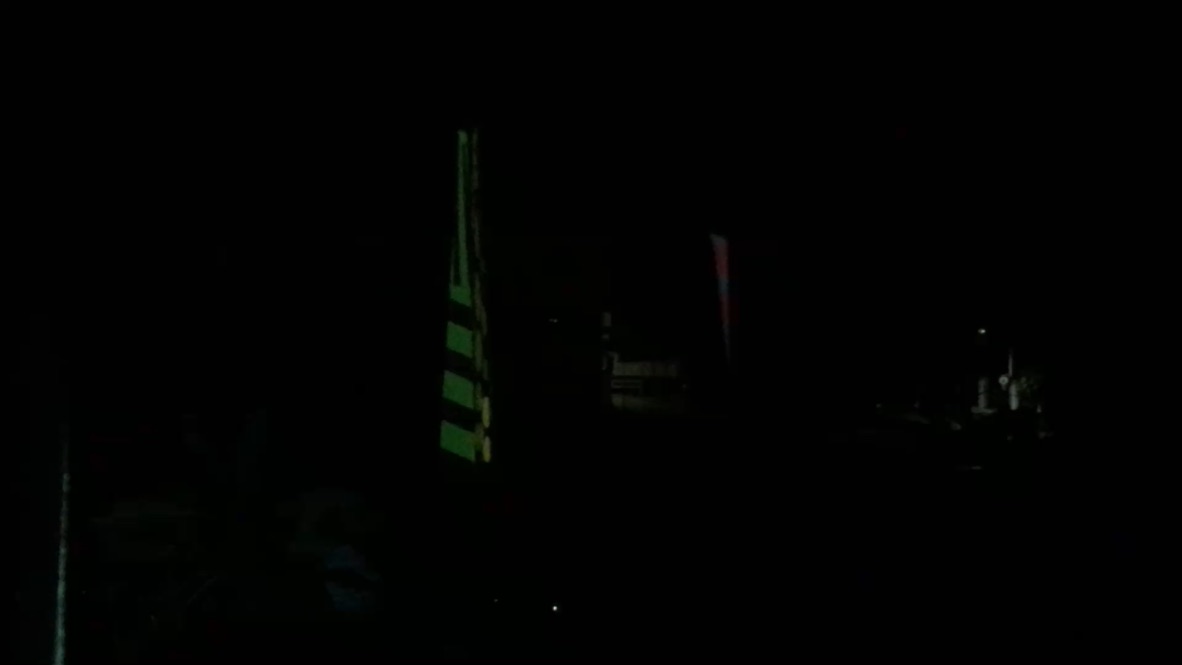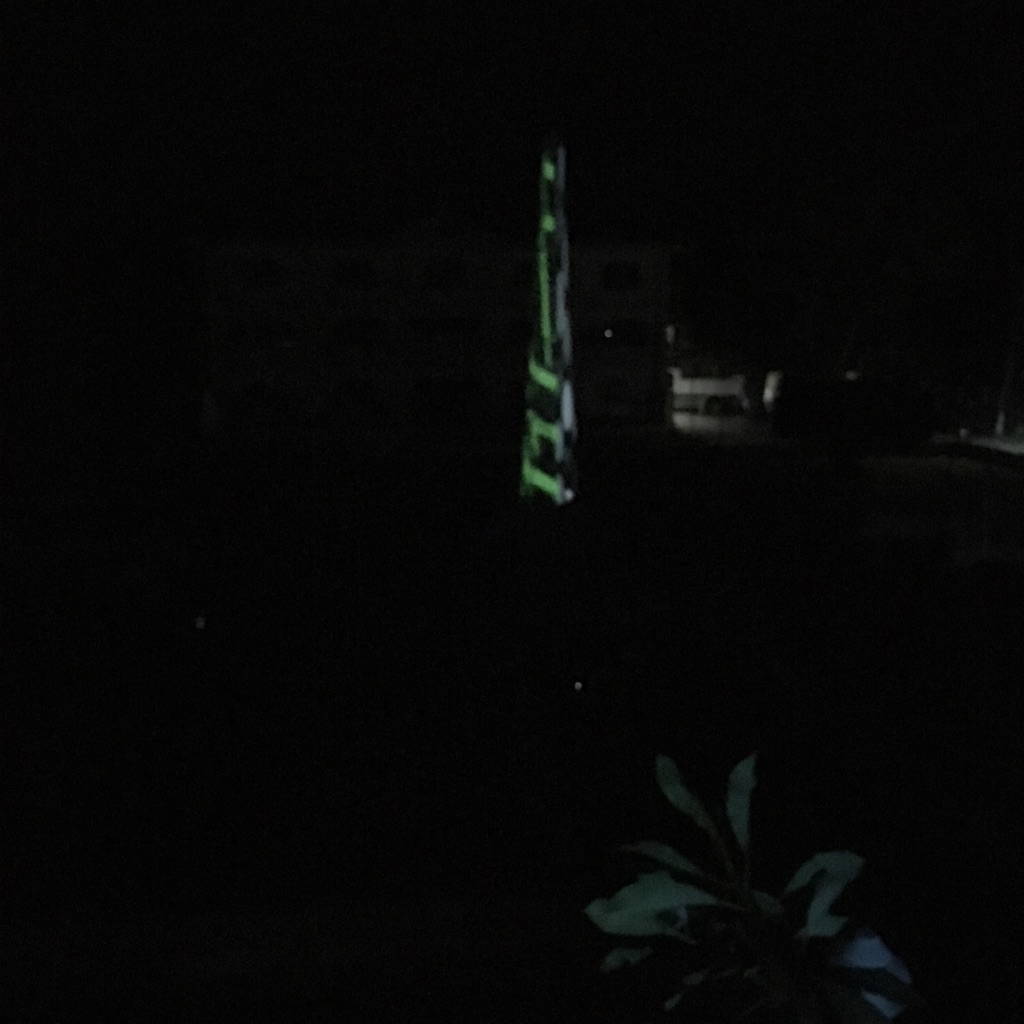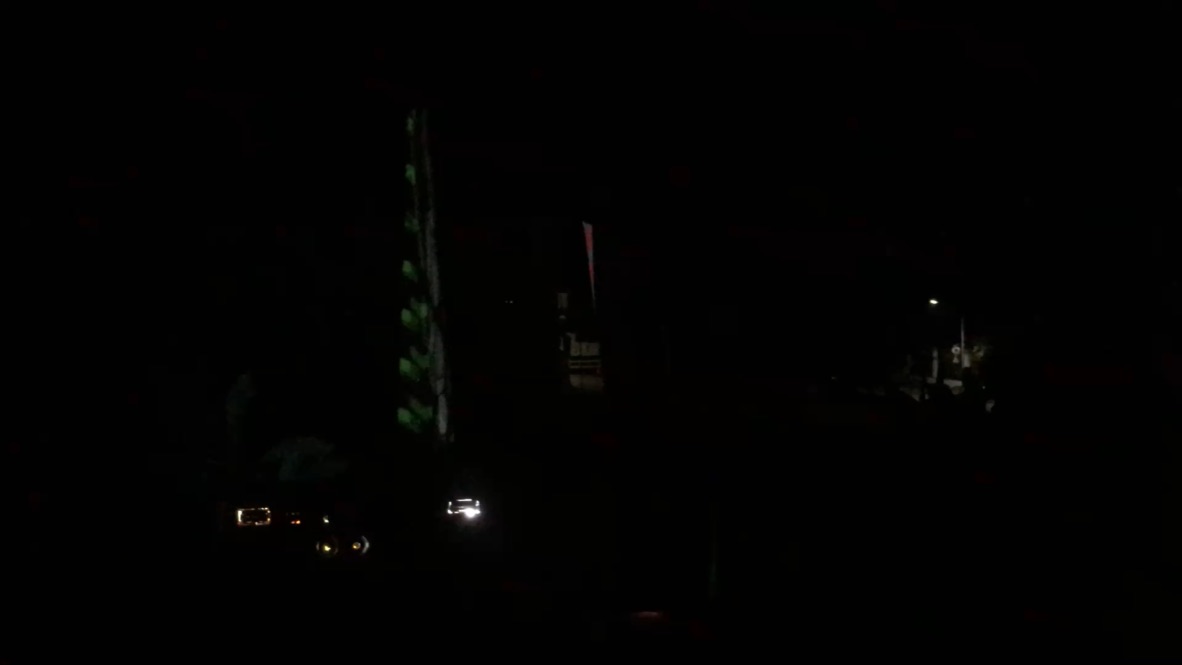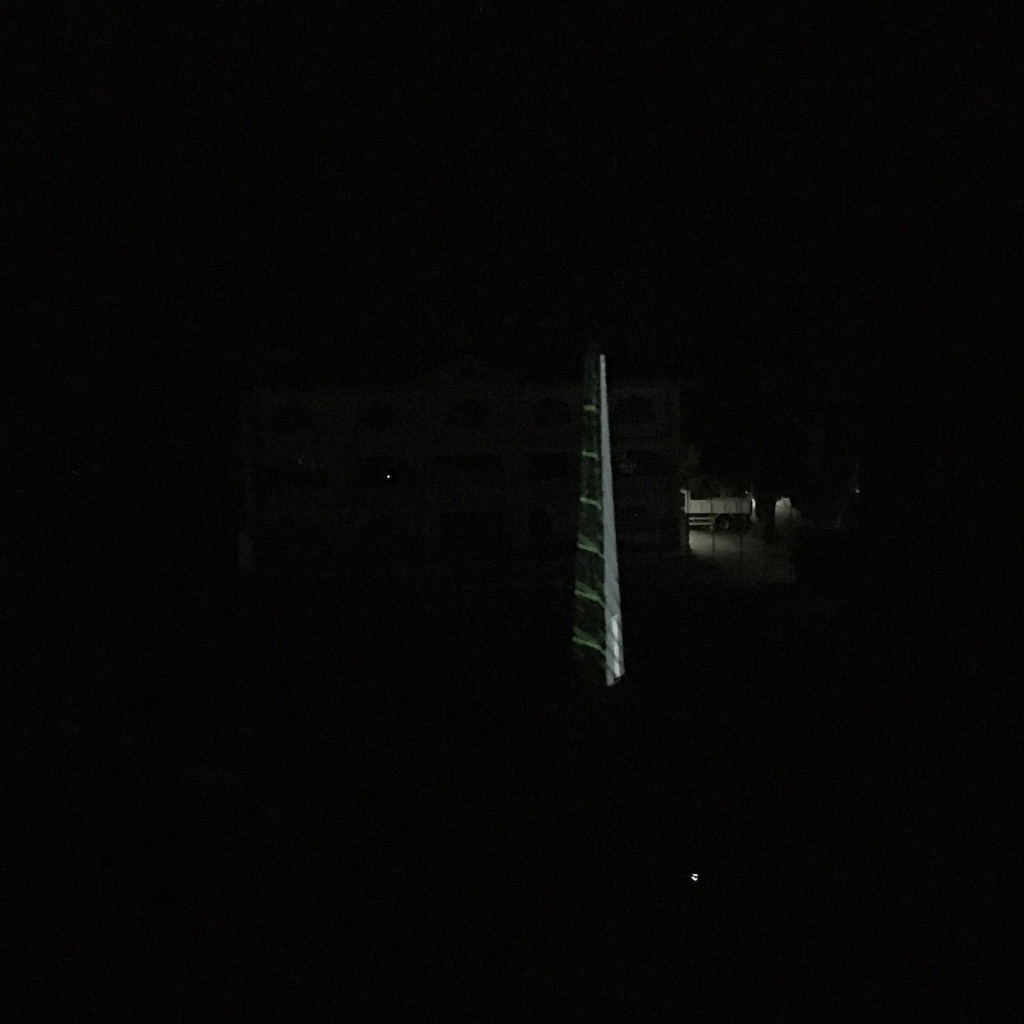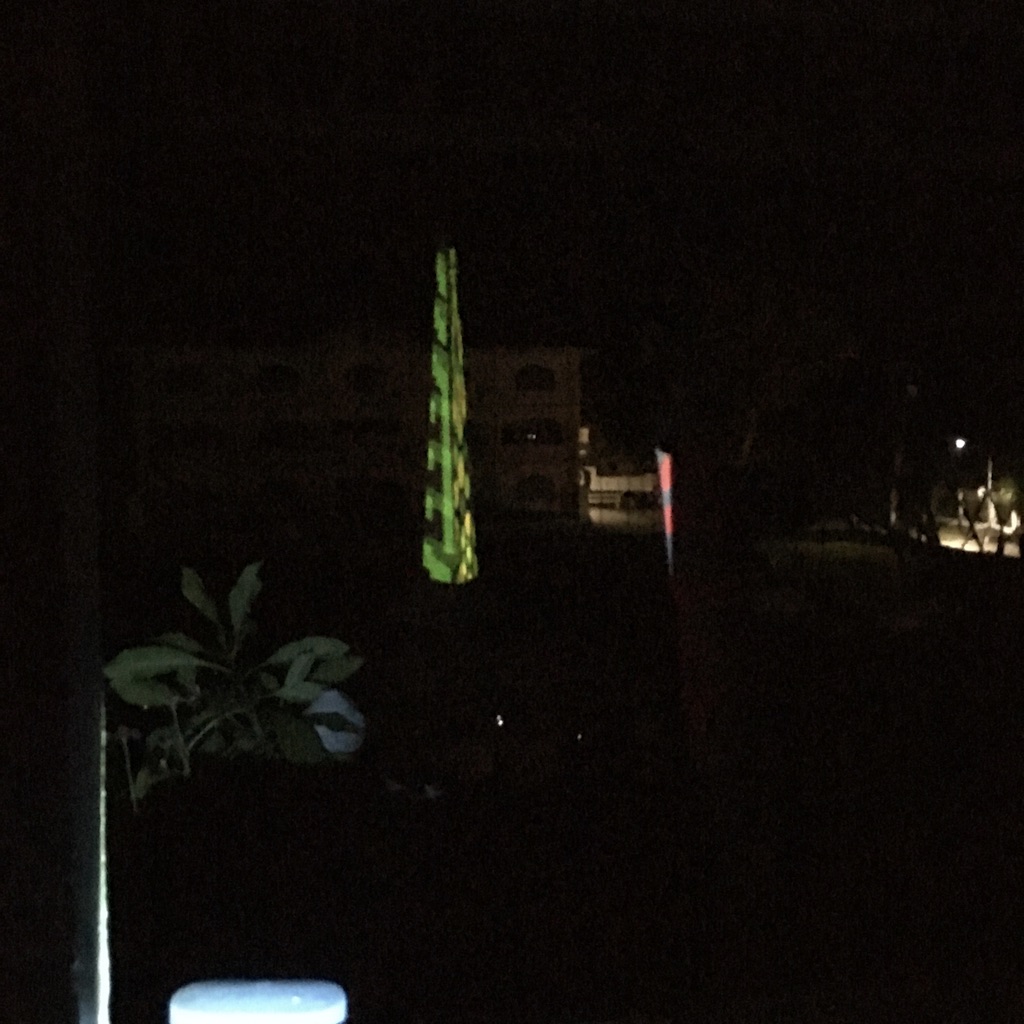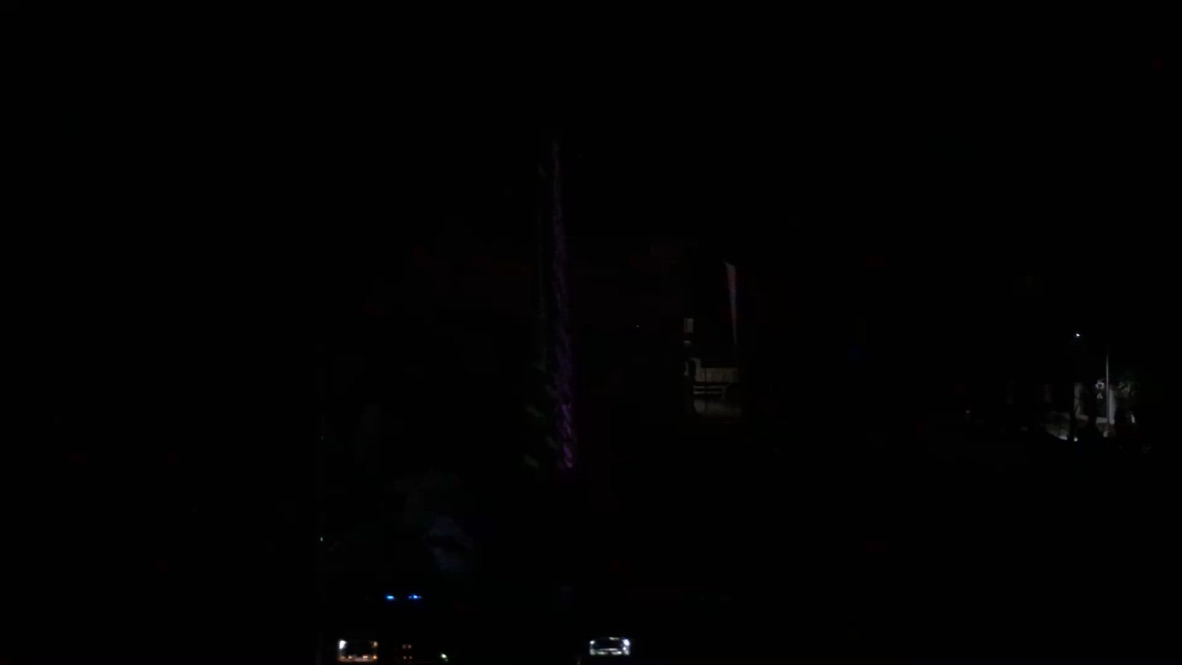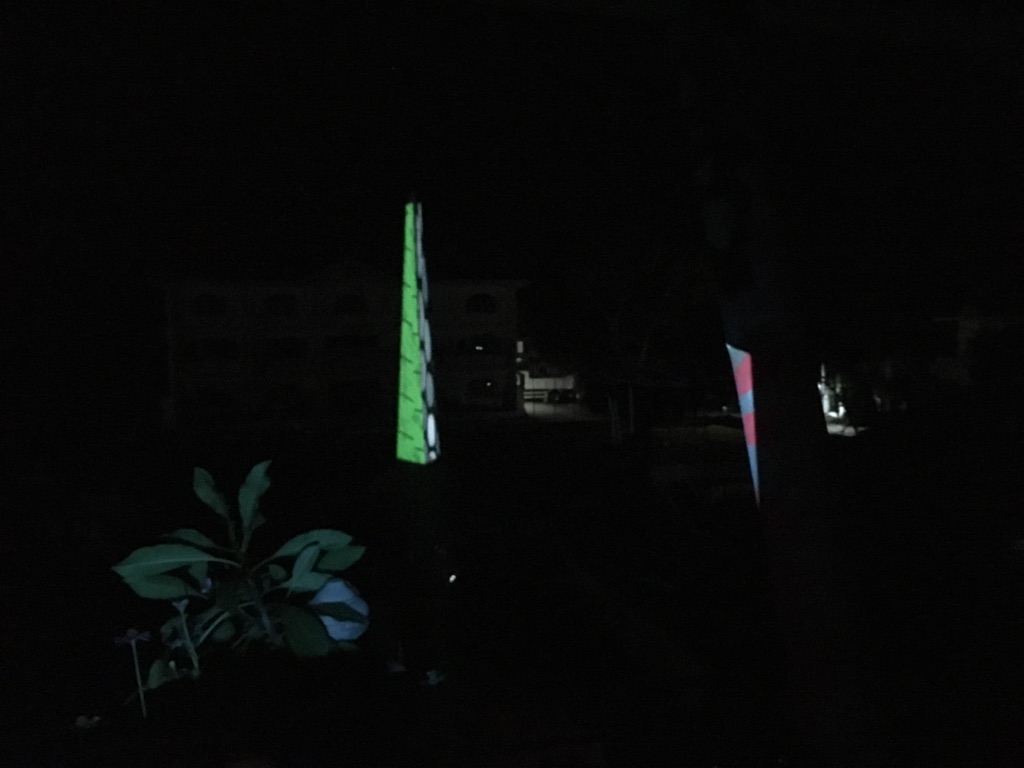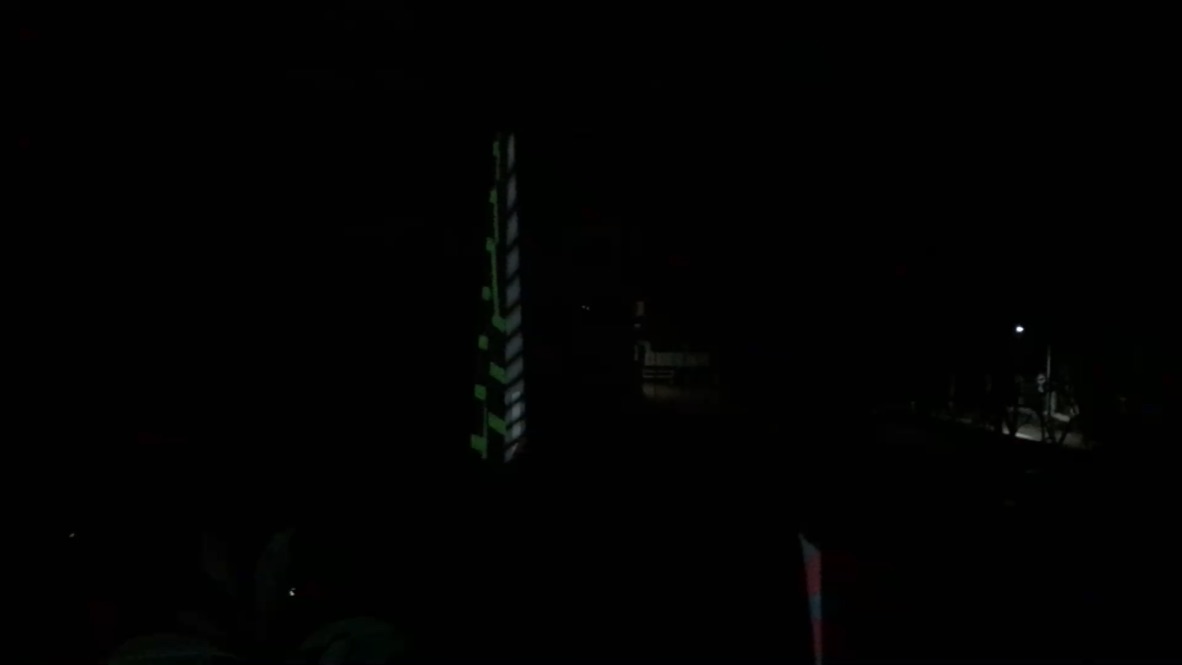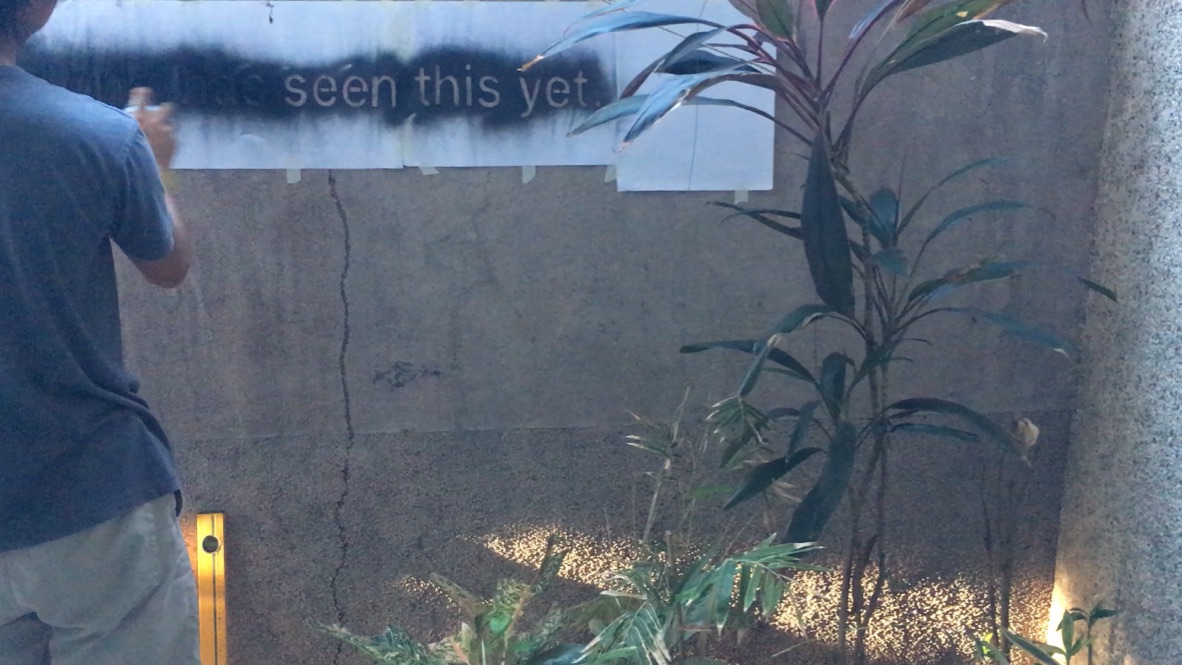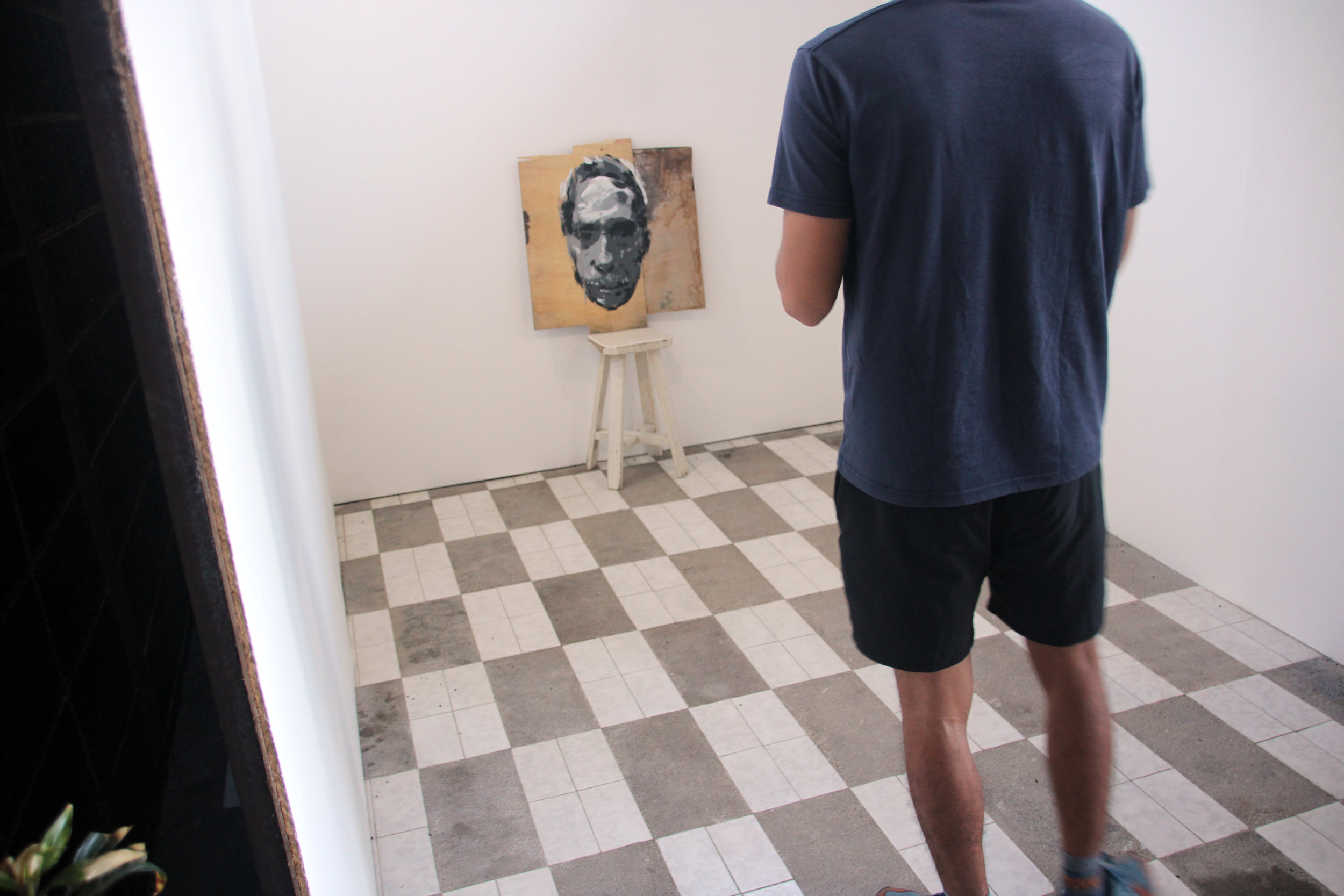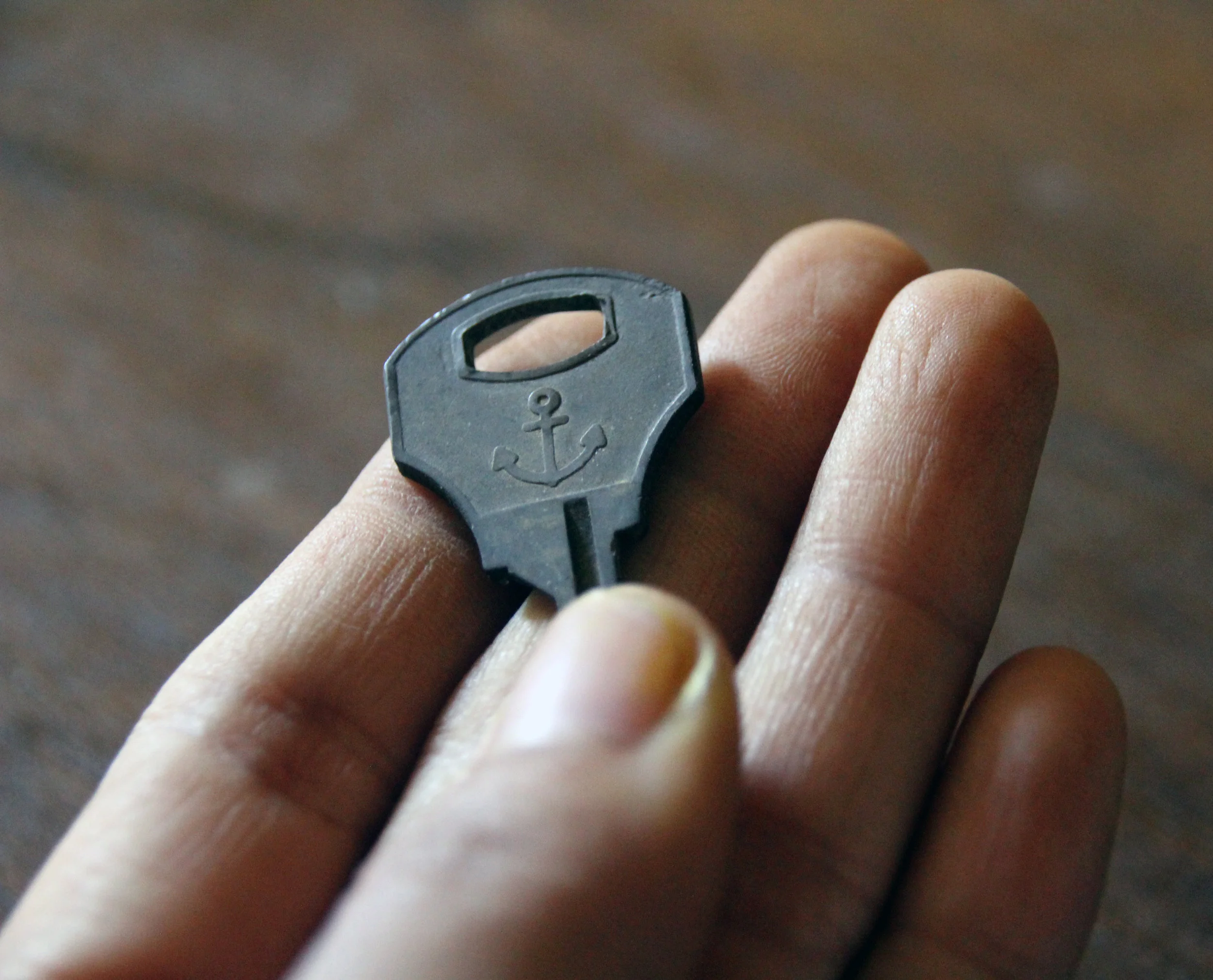The Multiplicity of KoloWn
Arts Collective
Cebu
May 2019
Kolown works amongst the noise, intervening public spaces with the same vigour as street signs and advertisements. Often Kolown's work hides in plain sight, simultaneously belonging and disrupting the places they inhabit.
At home within urban spaces, Kolown's work acts like a glitch in alleys and busy roadsides, calling for a second consideration, pointing at absurdities and punctuating often overlooked bits of contemporary life.
Named after the oldest national road in the Philippines (Colon Street located in Cebu City), Kolown is in reverence to the most diplomatic and accessible of public spaces - the streets.
An experiment in projection mapping became an art performance at the plaza, enlisting the help of the Municipality of Batan to shut down the lights for the event.
Operating as a mutable collective of artists with strong roots in the graffiti community, Kolown avoids identification, opting instead for anonymity. This affords them the kind of autonomy graffiti artists enjoy, much like their work does within the frenetic visual language of urban environments. This strategy has been effective in focusing on the work — Kolown's subverts by their multiplicity, performing interventions across the archipelagos simultaneously.
In the middle of a Visayan tour of sorts, members of Kolown spent a few days at Elmo's House using the residency as their base while engaging in various activities throughout Batan.
Within the short period, Kolown intercepted various sites around town - the plaza, a local internet cafe, a wall located in a busy thoroughfare, and a kawayan house deep in a floating neighbourhood behind the wet market.
A member of KoloWn assisted in documenting a site specific installation in Tinagong Dagat.
At a local internet cafe, KoloWn commandeered several monitors for their video installation, Liwat Nimo which was part of the group exhibition, Self-Portrait as Mirror/Mirror as Self-Portraits at Art Informal.
It was fascinating to be privy to the inner workings of such an elusive art collective. Even with such insight, Kolown remains enigmatic. What is their intention and purpose in coming to Batan? What does it mean for a Batangnon to encounter a Kolown work? Are we in on the joke?
Kolown gained further notoriety when they received the prestigious Ateneo Arts Awards (Fernando Zobel Prize) in 2018, for their site-specific work, Low Pressured Area located at the Cultural Center of the Philippines. Their work was recently on view at Art Informal as part of the group exhibition, Self-Portrait as Mirror/Mirror as Self-Portrait which examines the self-portrait through works by artists that work within a pseudonym.
No one has seen this yet, is derived from Instagram. Shortly after a user posts in stories, this same message is triggered to inform there are no views yet.
No one has seen this yet is installed in two locations, (1) on a wall facing a busy street near the Poblacion palenke and (2) on a wall at the back of Elmo’s house. PRIVATE VS PUBLIC
KoloWn placed a painting of a black squiggly line against a lamp post. The painting’s optical illusion acts like a manual glitch in the system.
During a stroll through the neighborhood, a chance meeting with Manong Florito B. Sinel Sr., spurned a portrait project and a discovery of a community built within the mangroves.
To learn more about KoloWn, please visit:
kolown.net


